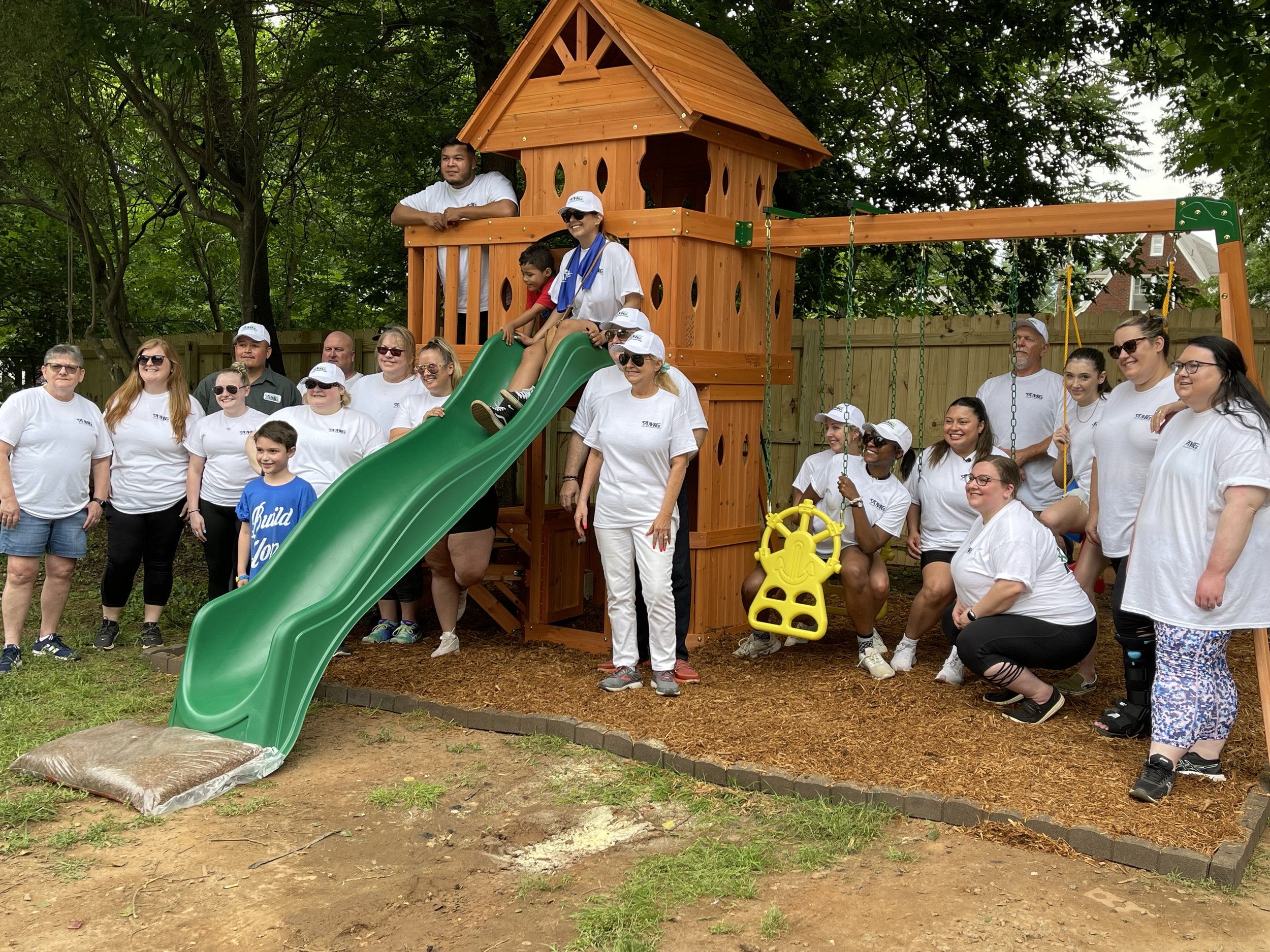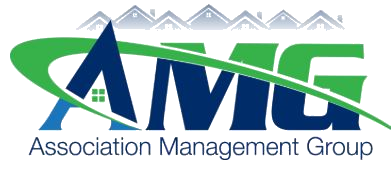Association Management Group (AMG) CEO Paul Mengert Named Educator of the Year by Community Associations Institute (CAI)
Paul Mengert, founder and CEO of Association Management Group (AMG) headquartered in Greensboro, North Carolina, has been named “Educator of the Year” by the Community Associations Institute (CAI), a global non-profit organization that provides resources and information for homeowners, volunteer board leaders, professional managers and business professionals in homeowners associations, condominiums, and housing cooperatives in the United States and around the world.
Each year at its annual conference, CAI honors individuals who have made significant contributions to CAI and the community association way of life. According to CAI, the Educator of the Year Award is given to a member who has contributed valuable educational content. Specifically, the award recognizes excellence in creating valuable, relevant and consistent content for the CAI audience.
Mengert founded Association Management Group (AMG), a professional community association management company, in 1985. Under his guidance, AMG has become a powerhouse among homeowner and condominium association management companies in North and South Carolina. AMG manages the operations and maintenance of client community and homeowner associations of all sizes representing more than 30,000 property owners. The combined asset value of these communities is more than $5 Billion.
Mengert credits his ongoing continuing education for contributing to his business savvy and leadership skills. His undergraduate studies were at the University of North Carolina at Greensboro. He is an alumnus of the Harvard Business School (OPM) and recently earned a certificate in Diversity and Inclusion from Cornell University. Mengert was also named a Certified Manager of Community Associations (CMCA) and a Professional Community Association Manager (PCAM) by the Community Associations Institute. He is a regular lecturer for CAI and serves on its national senior faculty. Additionally, Mengert teaches/co-teaches classes at Wake Forest Law School, Elon Law School and in the Harvard Business School's alumni program at the McColl School of Business at Queens University.
Always seeking to foster an environment of professionalism and learning, Mengert seeks and creates opportunities for AMG staff to further their own educational growth. As a result, many AMG staff have completed the rigorous curriculum to achieve CAI’s designations, including: PCAM. AMS (Association Management Specialist) and CMCA (Certified Manager of Community Associations).
It is his work in the wider community for CAI that earned Mengert the Educator of the Year Award. He has served 20 years on CAI’s national senior faculty. He has created and led numerous educational courses over those two decades on a wide variety of topics at both the national and local chapter levels.
Mengert has led continuing education classes for the North Carolina Board of Realtors, South Carolina Department of Real Estate, the California Department of Real Estate, the Florida Bureau of Condominiums, the Nevada Department of Real Estate, the Georgia Department of Real Estate and the North Carolina Bar Association, which all award continuing education (CE) credits. He has authored several association books and numerous articles, which are taught in several training courses and in multiple languages.
Mengert also has business experience in multiple industries including housing, construction, consumer services, transportation, aviation, banking, manufacturing and others. He is a frequent speaker at conferences related to home services, professional services and other sectors. Mengert is also one of the founders of Greensboro’s Carolina State Bank where he served on the Board of Directors and is a licensed commercial pilot who flies charity and relief mission flights for Angel Flight and others. Additionally, Mengert serves as Chairman for both the Piedmont Triad Airport Authority as well as for the North Carolina Chapter of CAI’s Legislative Action Committee (NC-LAC).
About AMG
AMG is professional community association management company dedicated building effective community associations. AMG guides and assists executive boards to help protect the association’s interests, enhance the lives of community members and improve the property values in the community. With offices throughout the Carolinas, AMG is a knowledgeable partner in enforcing community governing documents with a proven set of processes and techniques and supporting communities with a broad range of services which can be tailored to individual community needs. Association Management Company, Inc., is a locally Accredited Business by the BBB and is a nationally Accredited Association Management Company (AAMC) by the Community Associations Institute. For more about AMG, visit AMGworld.com.
About CAI
Community Associations Institute (CAI) is a leading provider of resources and information for homeowners, volunteer board leaders, professional managers, and business professionals in the more than 350,000 homeowners associations, condominiums, and housing cooperatives in the United States and millions of communities worldwide. A global nonprofit 501(c)(6) organization, CAI is the foremost authority in community association management, governance, education, and advocacy. Its mission is to inspire professionalism, effective leadership, and responsible citizenship. Learn more at www.caionline.org.






































